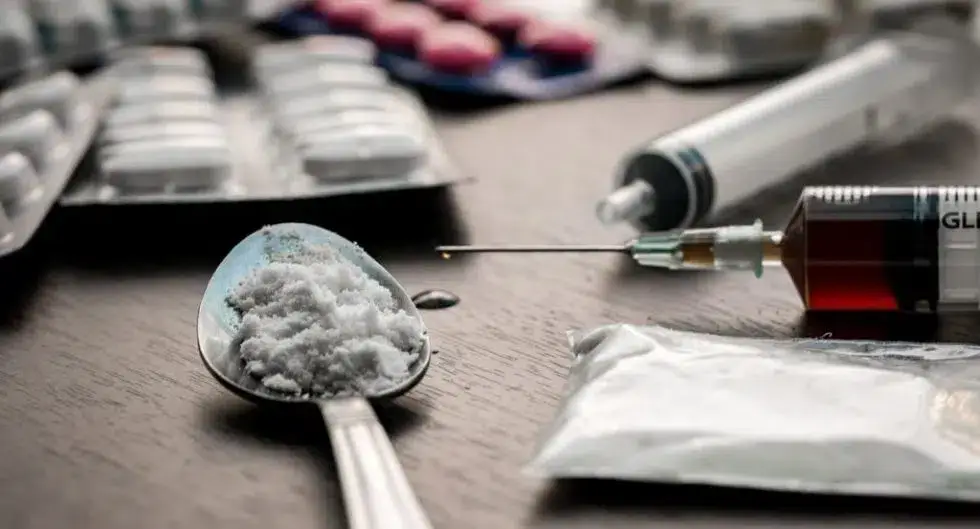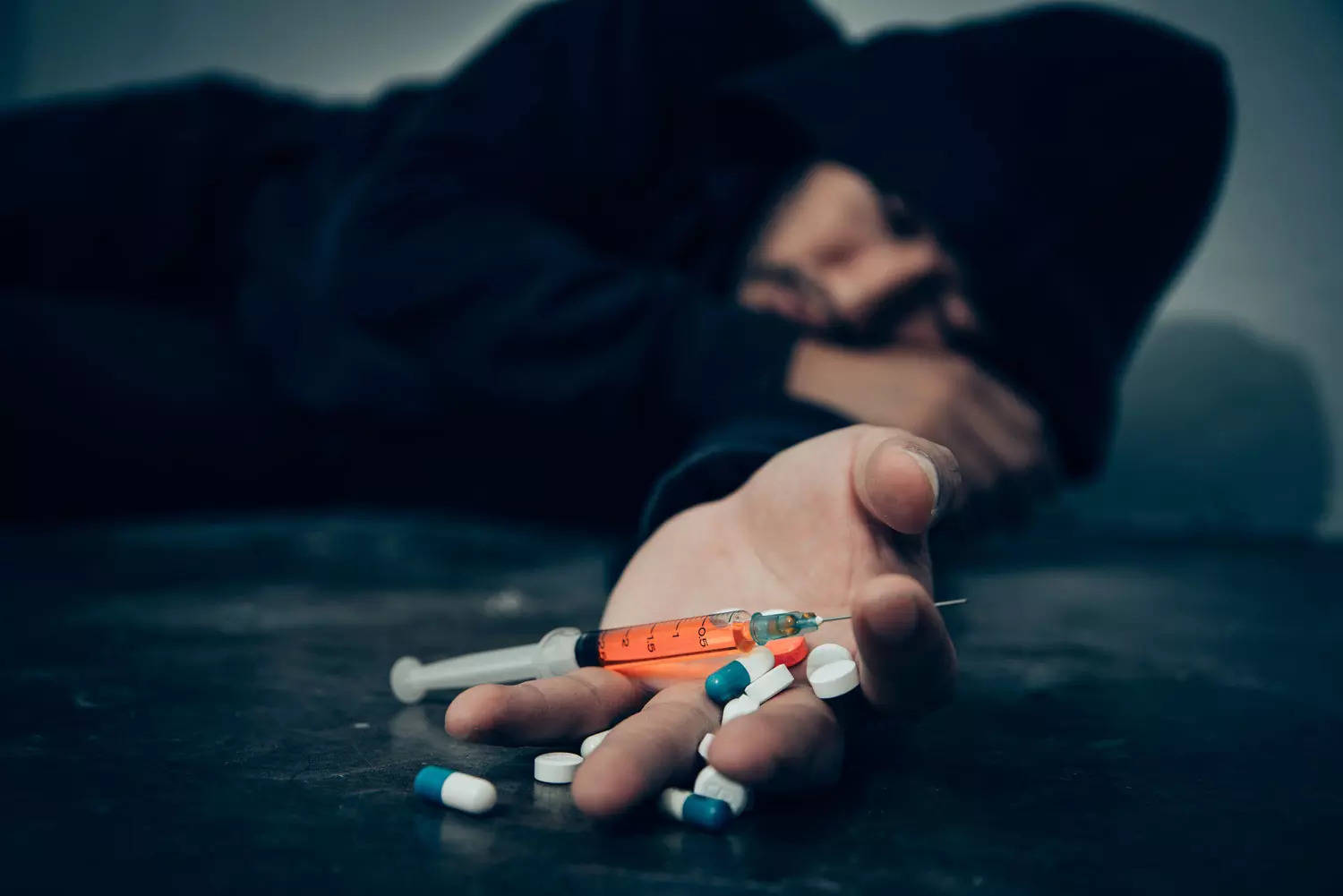When it comes to people seeking recovery from addiction, the ability to find a treatment option that fits their lifestyle and responsibilities is crucial. Fortunately, many options for rehab outpatient in Oklahoma offer flexibility without compromising the quality of care. Outpatient rehabilitation programs are designed to provide structured support while allowing participants to maintain their daily commitments, such as work, school, or family obligations. This balance makes outpatient rehab an excellent choice for those who require treatment but cannot commit to a residential program. In this blog, we’ll explore the benefits of outpatient rehab, how it works, and why it’s an effective solution for individuals on their path to recovery.

1. What Is Outpatient Rehab?
Outpatient rehab is an addiction treatment program that permits participants to continue receiving therapy, counseling, and support services while living at home. Since it does not demand full-time residency, like inpatient rehab, outpatient programs are perfect for people with responsibilities they cannot set aside.
a) Levels of Outpatient Care
Outpatient programs vary in intensity and duration, with varying intensity levels depending on the unique needs of the individual. Levels of care include:
- Standard Outpatient Programs (OP): They consist of weekly therapy sessions and educational workshops.
- Intensive Outpatient Programs (IOP): This type of program is more structured, consisting of multiple sessions per week.
- Partial Hospitalization Programs (PHP): They consist of full-time treatment during the day and home-based at night.
b) Tailored to Your Needs
These programs are often tailored to the severity of the addiction, co-occurring mental health conditions, and personal goals.
2. Why Choose Outpatient Rehab in Oklahoma?
Oklahoma’s outpatient rehab facilities offer a wide range of services that address the physical, emotional, and social aspects of recovery. Here are some reasons why outpatient rehab might be the right choice for you.
a) Flexibility and Convenience
Outpatient rehab allows one to receive treatment without stepping away from their daily lives. This flexibility is particularly beneficial for those who have work, school, or family responsibilities that cannot be neglected.
b) Community Resources
Oklahoma’s rehab centers often collaborate with local organizations and community groups, offering participants access to additional support networks that can aid their recovery journey.
c) Cost-Effectiveness
Compared to resident treatment, outpatient rehab is usually cheaper; it does not have room and board expenditures. This makes it all the more accessible to any individual looking for quality and affordable care.
d) Support Systems
Living at home during treatment allows individuals to stay tied to their loved ones, which usually provides extra emotional support that keeps them on track.

3. Essential Elements of Outpatient Rehab
Outpatient rehab programs in Oklahoma are designed to address the multifaceted nature of addiction. Here are some of the core components participants can expect:
a) Individual Therapy
One-on-one counseling sessions help participants explore the root causes of their addiction and develop coping strategies to manage triggers and stress.
b) Group Therapy
Group therapy provides a supportive environment where individuals can share their experiences, learn from others, and build a sense of camaraderie.
c) Family Therapy
Addiction involves the whole family. Families undergo therapy sessions to revive relationships, enhance communication and rebuild a healthy home setup.
d) Educational Workshops
The topics that the workshops incorporate include relapse prevention, stress management, and the science behind addiction, so participants are capable of keeping themselves sober.
e) Aftercare Planning
Preparing the participants for life after treatment is an essential component of outpatient rehab. This can include creating a customized aftercare plan, which might involve continuing therapy, attending support groups, or entering sober living arrangements.

4. The Advantages of Flexibility in Outpatient Rehab
Flexibility is the hallmark of outpatient rehab, and it provides a number of benefits for those looking to recover.
a) Treatment vs. Life
Outpatient rehabilitation can allow the participant to schedule his sessions with work or school obligations in mind, hence spending less time away from a job or school.
b) Skills Learned Applied Right Away
Living at home, the individual will have the skills he learned at therapy to apply them directly into his life situations and consequently have them reinforced into healthier behavior and coping skills.
c) Gradual Reentry
For those moving from residential treatment, outpatient rehab offers a more structured yet less intensive setting, making the transition easier for returning to normal life.
d) Lower Stigma
The capacity to engage in normal activities while in treatment reduces the stigma that may accompany addiction as individuals do not have to justify long absences to employers or friends.
5. Is Outpatient Rehab for Me?
While outpatient rehab has numerous benefits, it is certainly not ideal for everyone. Here are some factors that should guide a decision-making process for outpatient rehab:
a) Severity of Addiction
Outpatient programs best serve those with mild to moderate levels of addiction. Those suffering from severe substance abuse disorders or a history of relapse might benefit more by the intensity of inpatient support.
b) Support at Home
A good support system at home can greatly increase the effectiveness of outpatient rehab. Family and friends encouraging sobriety can offer important emotional reinforcement.
c) Self-Motivation
Outpatient rehab requires high levels of self-discipline and commitment, as participants need to take charge of attending sessions and staying away from triggers outside of treatment.
d) Co-Occurring Disorders
Outpatient programs for dual-diagnosis treatment provide much-needed support for managing both addiction and mental health challenges in individuals with co-occurring mental health conditions.
6. Success Stories from Outpatient Rehab in Oklahoma
Success stories abound in Oklahoma where many individuals have reclaimed their lives through outpatient rehab. Such stories portray the powerful transforming capabilities of flexible, community-based care.
a) Rebuilding Relationships
One participant shared that outpatient rehab helped him mend his relationship with his family through learning effective communication skills and mutual understanding.
b) Career Achievements
Another individual attributed the possibility of working during treatment, thus ensuring that they had financial stability, to outpatient rehab, thus allowing them to realize their career aspirations.
7. Selecting the Appropriate Outpatient Rehab Program in Oklahoma
Choosing the best outpatient rehab program is an important step in your recovery. Here are some tips to guide you in making a decision.
a) Check Facility Accreditation
Check whether the rehab center is accredited and staffed by licensed professionals with experience in addiction treatment.
b) Evaluate Program Offerings
Look for programs that offer a wide range of services, such as individual therapy, group counseling, and aftercare planning.
c) Consider Location and Accessibility
Choose a facility that is accessible, convenient, especially when you may be attending more than one session per week.
d) Reading Reviews and Testimonials
In this way, the reviews given by the participants who went through the said program might give useful input about what kind of support and good care can they expect
8. Forming an Enabling Supportive Community
One of the good things you can gain out of enrolling in outpatient treatment is you get a supportive community and not limited in treatment.
a) Support Groups
Many outpatient programs introduce participants to support groups such as Alcoholics Anonymous (AA) or Narcotics Anonymous (NA), providing lifelong peer support.
b) Alumni Networks
Some treatment centers also maintain alumni networks, creating a community and an example of people who have successfully overcome addiction.
Transformative Healing with Rob’s Ranch Drug Rehab Oklahoma
Experience effective and empathetic treatment with Rob’s Ranch as one of the leaders offering drug rehab in Oklahoma services, the 30-day rehabilitation program that is designed and aimed to equip individuals for the ability and support structure from which one may successfully overcome addiction towards building a strong base for long-time sobriety. Incorporating both evidence-based therapies, with the faith-based aspect, an environment of hope accountability, and personal growth is fostered at Rob’s Ranch. The program also shows consideration for community and spiritual support which makes participants feel supported through recovery. Take the first step toward recovery by exploring the 30-Day Program at Rob’s Ranch.
Conclusion
When it comes to seeking alcohol and drug addiction recovery, outpatient rehabilitation becomes a viable option with much flexibility in handling daily responsibilities. Combining excellent care with the freedom to stay home, these programs give patients the power to heal at their own pace. From those just getting underway with their recovery to patients completing a hospital inpatient program, outpatient rehabilitation in Oklahoma provides the foundation you need for long-term recovery. If you or your loved one are ready to take the step, then discover the multitude of outpatient choices and follow the healing way.


